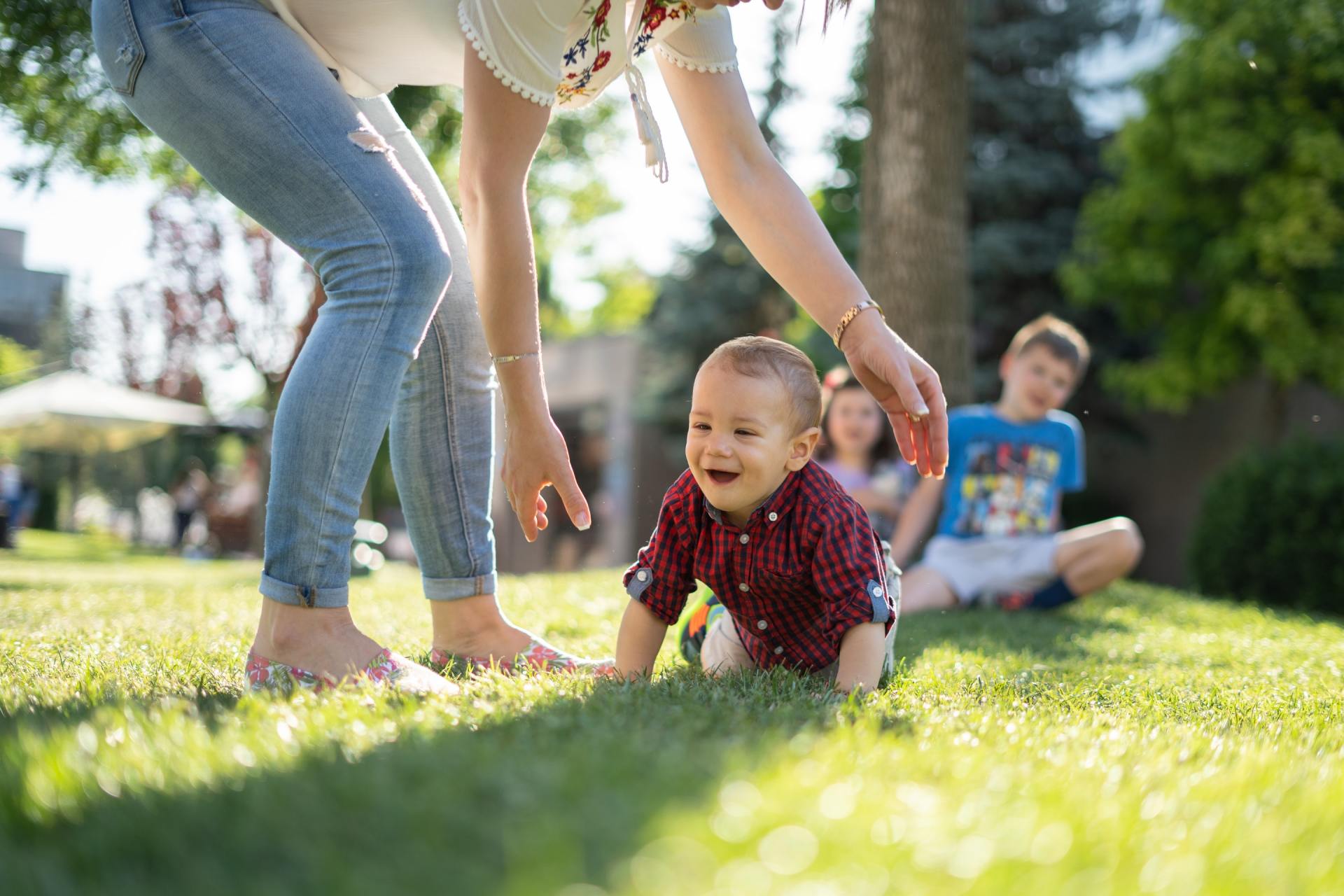These days Professional Development holds to a 70:20:10 principle. Seventy percent of professional learning happens on the job, ten percent by attending courses and twenty percent through coaching and mentoring. Experience is not necessarily a great teacher. A study completed five years ago, followed 173 therapists over 18 years and discovered that, whilst a minority of therapists improved, generally client outcomes decreased as therapists gained experience. The therapists who reflected on their practice and created opportunities to receive feedback were the ones who improved. Reflection on what we have done provides us with insights that become the foundation of our future actions. Without this, we become stuck in a rut, get left behind, experience boredom and lose our spark.
It’s not just in the professional sphere where embodied learning takes place. The 70:20:10 principle may actually be relevant to our relationships. Is there anyone who can claim to be totally skilled in parenting prior to the birth of their first child? Or that you knew exactly what makes for a successful partnership prior to being in a relationship? No, it’s on-site learning when it comes to navigating our way through life’s connections. And like the study on therapists discovered, many of us don’t get better at it with experience. In fact, over time we can feel like we have lost our ability to connect and become increasingly isolated.
Typically, the reason for our regression is that we have failed to approach our relationships with a learning or growth mindset. A growth mindset doesn’t attribute relationship problems to character flaws that can’t be fixed. A growth mindset accepts that the perfect relationship doesn’t exist and allows us to be comfortable with this reality. A growth mindset enables us to tackle challenges and learn from them. A growth mindset acknowledges that making mistakes is part of the human experience. A growth mindset gives us the option to reflect on our mistakes and turn them into opportunities for change. Adopting lifelong learning benefits every part of our lives.
Linda Gray
linda@relationshipsanctuary.com.au
0401 517 243
MORE SCENIC NEWS
-
A NEW CHAPTER FOR WOLVES BASKETBALL
Mar 28, 2024ButtonAs the sun sets on an incredible experience, it's time for me, Adam Chanter, to say farewell as the Pre...
-
COMMUNITY CAMERA ALLIANCE – YOUR CHANCE TO HELP
Mar 28, 2024ButtonIt's essential for community members to remain vigilant and take steps to safeguard their properties and vehicle...
-
GRAND OPTIONS CATER TO MOST NEEDS AND TASTES
Mar 28, 2024ButtonFor weddings, services can be held in The Old Church, which stands as a proud member of architecturally sig...
-
GALLERY’S $30,000 MAJOR ART AWARD RETURNS
Mar 28, 2024ButtonThe award, named after the sacred mountain which the Gallery overlooks, is open to artists living across the...
-
KERRI: AN HONOUR TO FILL THE ROLE FOR DIVISION 2
Mar 28, 2024ButtonDuring the pre-poll part of the campaign, I was very grateful for the opportunity to be able to meet an...
-
ANNE HOITINK – APRIL 2, 1945 – MARCH 15, 2024
Mar 28, 2024ButtonMigrated to Australia on 29 November 1952, aged 7 years. Going directly to the suburb of Reid in Canber...
-
GREAT SUCCESS FOR LITTLE ATHLETES
Mar 28, 2024ButtonRuby, Lily, Talia, Torah, Hugo, Leiawyn, Aric, Dean, Mitchell, Harvey and Noa; you all should be so proud ...
-
DO HOP IN FOR A NEW MONTE LUPO EXHIBITION
Mar 28, 2024ButtonMonte Lupo was established by Multicap in 1991 to provide meaningful employment to people living with di...
-
THIS TIME, IT REALLY DOES MATTER – HAVE YOUR SAY
Mar 14, 2024ButtonPaul Williams, a political scientist from Griffith University, offers insights into the “candidate scarcity...
-
BREACH OF CODE: RULING ON MAYOR CHRISTENSEN RAISES MORE VOTER CONCERNS ON ELECTION EVE
Mar 14, 2024ButtonAdditionally, Christensen is to bear his legal costs, with a warning that any future infractions will be classifie...
LOCAL BUSINESS
COLUMNS
-
Beauty & Wellness
ButtonWriter: Rebecca Mander - Naturally Cos
-
Community Care
ButtonWriter: Geoff Marshall
-
Embrace
ButtonWriter: Jaap Vogel
-
Food for Thought
ButtonWriter: Dylan Gittoes
-
Hooked on Books
ButtonWriter: Friends of TM Library
-
Living with Dogs
ButtonWriter: Pam Brandis (Dip. Canine Prac.)
-
Nature Notes
ButtonWriter: Nadia O’Carroll
-
Pastor Kim
ButtonWriter: Pastor Kim Dale
-
Physio Talk
ButtonWriter: Neil Bell (Tamborine Mountain Physique)
-
Police News
ButtonWriter: Sgt Mark Shields
Officer in Charge
North Tamborine Police
-
Politics
ButtonWriter: Local Councillors and Representatives
-
Relationships
ButtonWriter: Linda Gray
-
The Mtn Midwife
ButtonWriter: Bree Lowing (Registered Midwife)
-
Travelling Places
ButtonWriter: Travelling Places Tamborine Mtn
-
Wine chat
ButtonWriter: Imogen Mulcahy
-
Yoga Under the Bodhi Tree
ButtonWriter: Margot Wagner
Your Local Paper
to read, keep & share

Your Local Paper
to read, keep & share
CONTACT
PO Box 118, North Tamborine Qld 4272
Phone: 0407 671 286
Email:
news@tmnews.com.au
ads@tmnews.com.au
Design by BjornSchmal.com


















